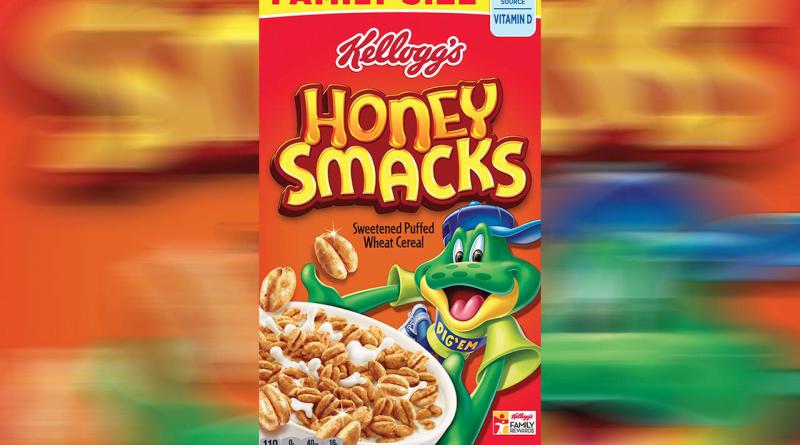Salmonella Outbreak Linked to Kellogg’s Honey Smacks cereal in 31 states, CDC says
A salmonella outbreak which has caused 73 people to be ill across 31 states is linked to Kellogg’s Honey Smacks cereal, the US Centers for Disease Control and Prevention said.
Prior to the agency announcing the outbreak, the Kellogg Co. announced a recall of 15.3-ounce and 23-ounce packages of the cereal with a “best if used by” date from June 14, 2018, through June 14, 2019.
24 of the sick patients have been hospitalized but no deaths have been reported, according to the CDC.
New York reported the highest number of cases (7) while California, Massachusetts and Pennsylvania have each reported five.
The other states that are involved in the outbreak have reported between one and four related illnesses.
Kellogg’s Honey Smacks cereal has been identifies by health professionals as the likely source of the outbreak, based on epidemiological evidence.
A39 of the patients who became ill have been interviewed as part of the investigation, and 30 reported eating cold cereal in the week prior to their symptoms starting. 14 of them specifically said that they ate Honey Smacks.
The first reported symptoms in this outbreak started March 3, according to the CDC.
Salmonella symptoms include fever, diarrhea and abdominal pain which begins 12 to 72 hours after exposure to the bacteria.
Most recover within 4 to 7 days.
After the CDC and the US Food and Drug Administration contacted Kellogg’s about the reported illness, the company said that it immediately launched an investigation with the third-party manufacturer that produces the cereal.
“The FDA’s staff has initiated an inspection at the facility that manufactures Kellogg’s Honey Smacks and is working quickly with the company to collect additional information,” the agency said in a statement.
The UPC code, which will be found on the bottom of the box, for the recalled 15.3-ounce packages is 38000 39103.
The recalled 23-ounce packages have a UPC code of 38000 14810 and they were sold by retailers in the United States, including Guam and Saipan, and in Costa Rica, Guatemala, Mexico, the Caribbean and Tahiti.
Retailers were advised not to sell the recalled cereal, and consumers should throw away or return any recalled cereal without consuming it.
